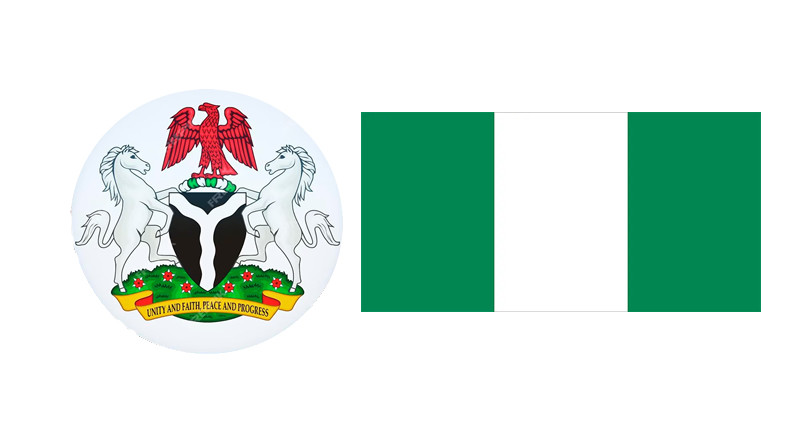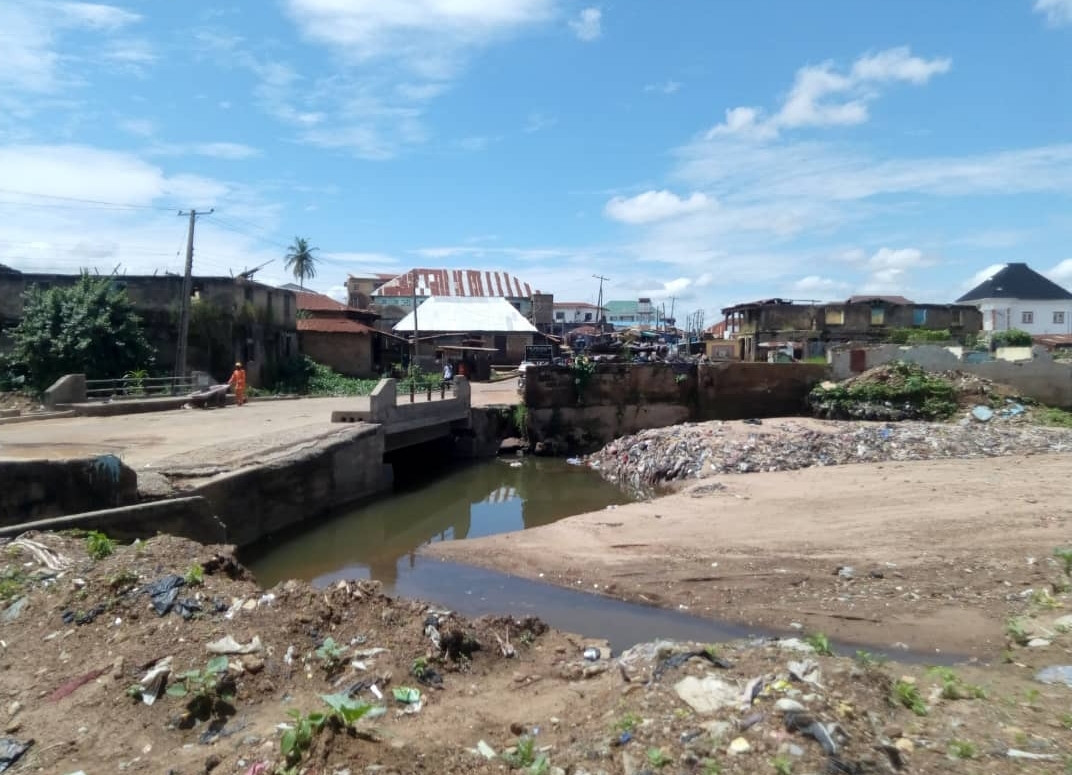States and Local Governments Receive N44.9 Billion in Ecological Funds Amidst Accountability Concerns
In the first half of 2024, Nigerian states and local governments received a total of N44.9 billion in ecological funds, according to data released by the National Bureau of Statistics (NBS). This figure encompasses disbursements made between January and June 2024, highlighting a significant financial injection aimed at addressing pressing ecological challenges across the country.
Breakdown of Ecological Fund Disbursements
The disbursement of ecological funds varied each month, with states and local governments receiving varying sums. The breakdown of these disbursements is as follows:
- January 2024: States received N4.2 billion while local governments received N3.5 billion, totaling N7.7 billion.
- February 2024: States received N4.7 billion, while local governments received N3.9 billion.
- March 2024: States received N3.9 billion, while local governments received N3.2 billion.
- April 2024: States received N3.6 billion, while local governments received N3 billion.
- May 2024: States received N4.3 billion, while local governments received N3.6 billion.
- June 2024: States received N4 billion, while local governments received N3.3 billion.
Concerns Regarding Accountability and Utilization
While these funds represent a significant financial resource aimed at tackling ecological issues such as flooding and erosion, concerns persist regarding the accountability and effective utilization of these funds by states. The allocation and disbursement of these funds raise questions about transparency and responsible use.
Past Disbursements and Lack of Action
Previously, concerns have been raised about states failing to allocate sufficient funds towards mitigating flooding and erosion despite receiving substantial sums from ecological funds. Budget performance documents have indicated poor spending in several cases, with some states even reporting zero naira expenditures on these critical issues.
Increased Funding Amidst Poor Accountability
Despite the concerns regarding accountability and lack of effective action, the federal government has continued to allocate funds to states, even voting to provide an additional N3 billion. This decision has further fueled concerns about the transparency and accountability of ecological fund management.
Calls for Investigations and Transparency
In 2022, the Socio-Economic Rights and Accountability Project (SERAP) urged President Muhammadu Buhari to initiate an investigation into the spending of ecological funds by governments at all levels. SERAP's letter highlighted concerns about the alleged mismanagement and misappropriation of these funds, emphasizing the significant human costs associated with ecological issues.
Impact of Ecological Issues: Flooding and Its Consequences
The devastating impact of ecological issues, particularly flooding, has become increasingly evident in recent years. In 2022, Nigeria witnessed widespread flooding that resulted in the loss of lives and displacement of thousands of people. The National Emergency Management Agency (NEMA) reported that severe flooding has led to the deaths of 179 people and the displacement of 208,655 others across 22 states in Nigeria so far this year. This grim reality underscores the urgent need for effective and accountable management of ecological funds.
A Call for Transparency and Action
The allocation of ecological funds to states and local governments presents a critical opportunity to address pressing ecological issues in Nigeria. However, the concerns surrounding accountability and transparency must be addressed. Stakeholders, including civil society organizations, media, and citizens, must advocate for greater transparency in the allocation and utilization of these funds to ensure effective mitigation of ecological challenges and protection of human lives and livelihoods.
Conclusion: Towards a Sustainable Future
The ongoing challenge lies in balancing the need for financial resources to address ecological issues with the imperative for transparency and accountability. By fostering a culture of transparency and effectively utilizing ecological funds, Nigeria can pave the way towards a more sustainable and resilient future, mitigating the risks posed by ecological challenges and safeguarding the well-being of its citizens.


















